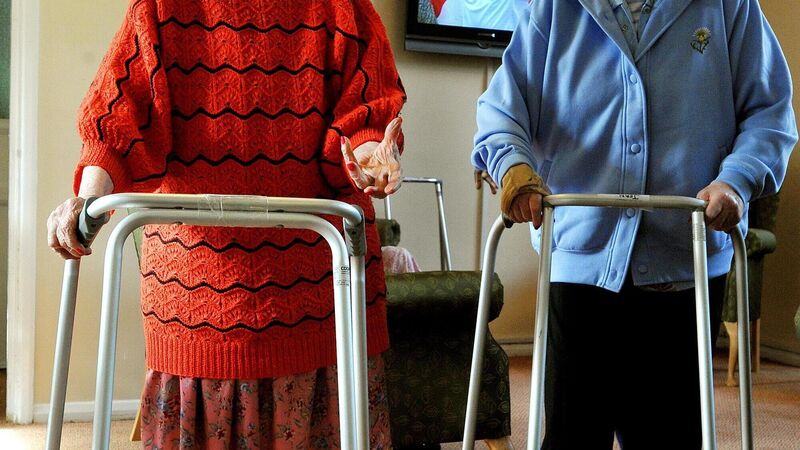Management at some nursing homes threatened to end tenancies over complaints - report

The report also noted it had received anecdotal evidence suggesting that some nursing homes threaten to end the tenancy of residents who choose to make a complaint. Picture: John Stillwell/PA
An independent review of the complaints processes in nursing homes has found anecdotal evidence of management threatening to end the tenancies of residents who make complaints.
The report from consultancy firm Crowe, commissioned by the Department of Health, recommended that a positive complaints culture in nursing homes should be supported.










